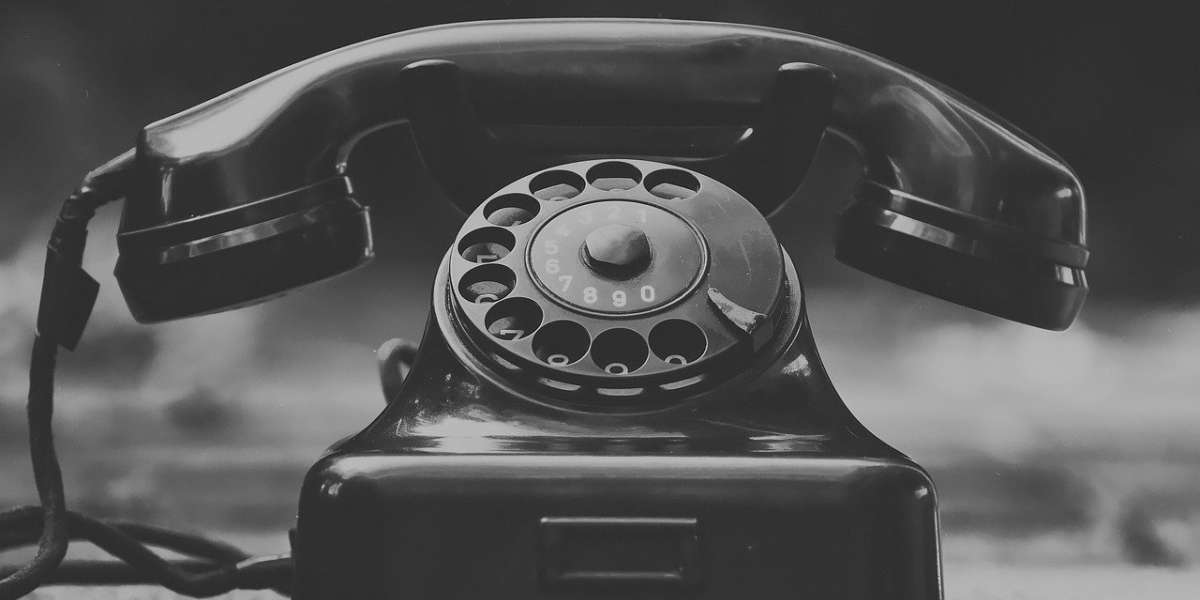Διαδικτυακή έκθεση για τον ρόλο του τηλεφώνου στη λογοτεχνία

Τον διαχρονικό ρόλο του τηλεφώνου στη λογοτεχνία, από τον 19ο αιώνα και μετά, αναδεικνύει μια διαδικτυακή έκθεση με τίτλο Crossed Lines, όπου παρουσιάζονται αποσπάσματα βιβλίων στα οποία διαδραματίζει σημαντικό ρόλο ένα τηλέφωνο – είτε πρόκειται για τη συσκευή που εφηύρε το 1877 ο Αλεξάντερ Γκράχαμ Μπελ, είτε για την πιο σύγχρονη εκδοχή της, τα «έξυπνα» κινητά τηλέφωνα.
Το παλαιότερο κείμενο που περιλαμβάνεται στην έκθεση γράφτηκε μόλις λίγους μήνες μετά την εφεύρεση του τηλεφώνου, το 1877, από τον ποιητή Jones Very: «Η ανθρώπινη φωνή περνά μέσα από το ηλεκτρικό καλώδιο!» έγραφε στο ποίημά του με τίτλο «The Telephone». Η έκθεση περιλαμβάνει επίσης έργα συγγραφέων όπως η Βιρτζίνια Γουλφ, η Άγκαθα Κρίστι, ο Χόρχε Λουίς Μπόρχες, ο Φραντς Κάφκα, η Αρουντάτι Ρόι και ο Χαρούκι Μουρακάμι.
Μιλώντας στην εφημερίδα Guardian, η Σάρα Τζάκσον, επίκουρη καθηγήτρια Αγγλικής Λογοτεχνίας στο Πανεπιστήμιο Nottingham Trent, ανέφερε ότι η έκθεση είναι ιδιαίτερα ταιριαστή για έναν κόσμο που πλήττεται από την πανδημία του κορονοϊού. «Νομίζω πως το τηλέφωνο έχει την ικανότητα να διευκολύνει τις επαφές σε διάφορες ώρες, σε διάφορα μέρη και σε διάφορους πολιτισμούς. Και με το συγκεκριμένο φόντο του δεύτερου lockdown, η έκθεση προσκαλεί λάτρεις της λογοτεχνίας να αναλογιστούν τον ρόλο του τηλεφώνου στις προσπάθειές μας να παραμείνουμε σε επαφή», σχολίασε.
Η έκθεση είναι διαθέσιμη εδώ.
Ένα απόσπασμα

Night and Day

(London: Penguin, 1992)
First published: 1919
The alcove on the stairs, in which the telephone was placed, was screened for privacy by a curtain of purple velvet. It was a pocket for superfluous possessions, such as exist in most houses which harbour the wreckage of three generations. Prints of great-uncles, famed for their prowess in the East, hung above Chinese teapots, whose sides were riveted by little gold stitches, and the precious teapots, again, stood upon bookcases containing the complete works of William Cowper and Sir Walter Scott. The thread of sound, issuing from the telephone, was always coloured by the surroundings which received it, so it seemed to Katharine. Whose voice was now going to combine with them, or to strike a discord?
[…]
Out of all the welter of voices which crowd round the far end of the telephone, out of the enormous range of possibilities, whose voice, what possibility, was this?
In this extract from Virginia Woolf’s second novel Night and Day (1919), the narrator locates the telephone in a nook at the heart of the Hilberys’ house in Cheyne Walk, alongside vestiges of the family’s rich material history. At first sight, Woolf appears to contrast the sheltered alcove with the presence of the telephone, a visible sign of modernity at odds with the confined interior of the late-Victorian home. However, the allusion to travel and trade in the form of the family’s ‘superfluous possessions’ anticipates the invisible networks configured by ‘the thread of sound’, showing spaces to be permeable, interconnected and informed by intersecting ideologies rather than discrete spatial formations. The novel’s heroine herself acknowledges this when she visualises the sound of the telephone as likely to be ‘coloured by the surroundings which received it’. At the same time, for Katharine, the great poet Richard Alardyce’s granddaughter, the telephone also holds the promise of a form of escape, a ‘possibility’ which her parents’ house and its heavy legacy seem to preclude. Here, the ‘voice’ is that of the male protagonist Ralph Denham, and the two characters’ union of sorts, at the end of the novel, materialises this ‘possibility’, making the telephone a conduit of renewal for a generation in search of ‘new answers’ to a world described as increasingly and bewilderingly modern.

Δεν υπάρχουν σχόλια:
Δημοσίευση σχολίου